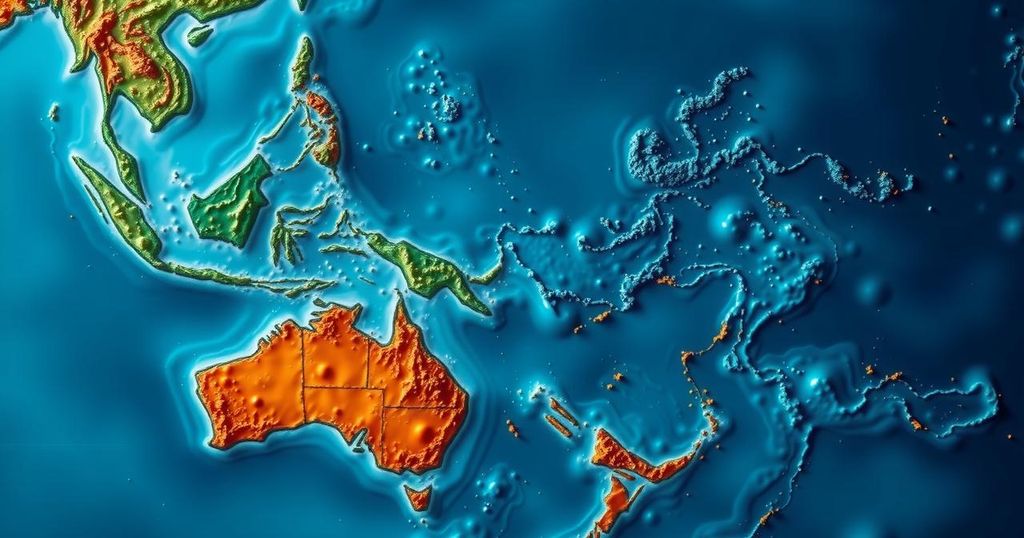COP29 negotiations in Baku are progressing too slowly to adequately address vital issues for Small Island Developing States (SIDS), particularly regarding climate finance and the loss and damage fund. As President of Palau, Surangel Whipps Jr. expresses frustration over these delays and highlights the existential threats posed by climate change, urging the international community to uphold commitments to SIDS as they face significant impacts with minimal responsibility for the crisis.
As the COP29 negotiations progress in Baku, it has become increasingly evident that the pace is insufficient to address crucial issues such as climate finance and the operationalization of the loss and damage fund. As the president of Palau and a representative of Small Island Developing States (SIDS), I express deep frustration over the slow progression of these discussions. For Pacific nations, the climate crisis represents a significant threat to our existence, impacting our food security, economy, culture, and way of life. Unlike global security challenges that often receive much attention, the real invasion for us is the relentless advance of climate change. The urgency of accessing predictable and sufficient grants-based climate finance cannot be overstated. Our mechanisms for climate finance must be scalable and flexible to meet the unique challenges we face. In Palau, we have begun to witness the damaging effects firsthand: rising sea levels that endanger our coastal communities and agricultural practices that have sustained us for generations. The situation for SIDS demands that we receive the necessary support from the international community to mitigate the impacts of climate change, despite having been minimally responsible for its causes. Recognized as a “special case” by the international community since before the Paris Agreement in 2016, SIDS face unique challenges that require urgent attention. The commitment established during the Paris Agreement—to limit global warming to well below 2 degrees Celsius, with aspirations to restrict it to 1.5 degrees—is essential for our survival. Scientific consensus indicates that crossing the 1.5 degrees threshold would spell disaster for SIDS, a future that remains daunting. In Azerbaijan, we shall continue to amplify our united voice, advocating for the respect and support originally promised through the climate change convention and the Paris Agreement. As the incoming chair of the Alliance of Small Island States (AOSIS), Palau commits to standing firm against any dilution of our special status. Thus, COP29 is more than just another meeting; it represents a critical moment for substantial dialogue and collaboration that can yield tangible, measurable support for SIDS. Our collective struggle against climate change calls for urgent global action and solidarity. We urge our global community to uphold its commitments to SIDS while recognizing our unique vulnerabilities as we work towards a sustainable future.
The article discusses the ongoing COP29 negotiations in Baku, emphasizing the challenges and urgent needs of Small Island Developing States (SIDS) in facing the climate crisis. President Surangel Whipps Jr. of Palau highlights the crucial issues of climate finance and loss and damage funds that are vital for the survival and well-being of Pacific nations. The context involves the broader implications of climate change on food security and economic stability, underscoring the need for international assistance given SIDS’ minimal contribution to global warming.
In summary, the COP29 negotiations reveal a critical need for accelerated action to address the urgent climate finance requirements of Small Island Developing States. As President Surangel Whipps Jr. articulates, the plight of SIDS around the world necessitates immediate attention from the international community. The consequences of inaction weigh heavily on vulnerable nations, emphasizing the call for collaborative efforts to tackle the climate crisis along with a restoration of commitments made to support these nations.
Original Source: www.theguardian.com






